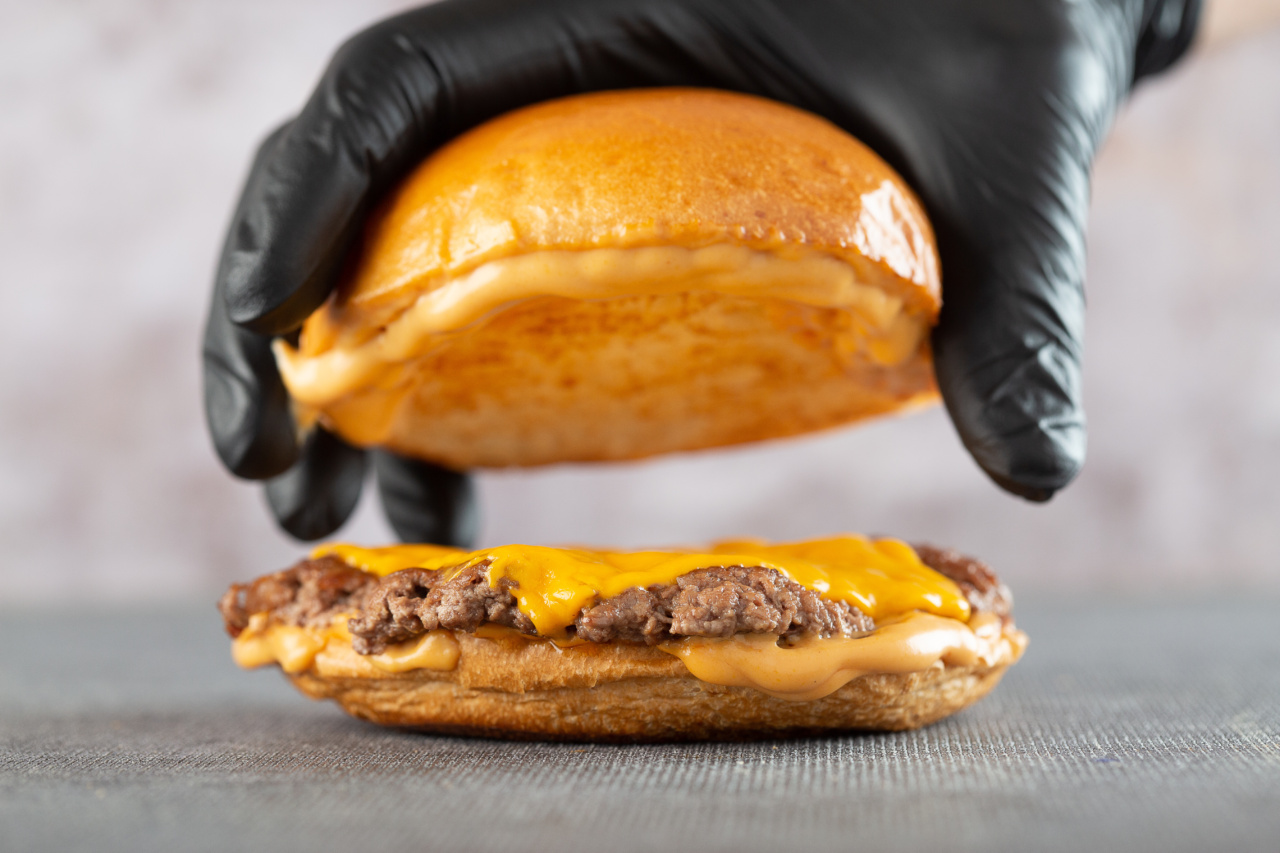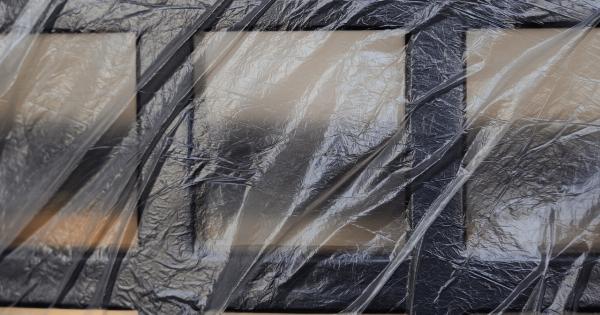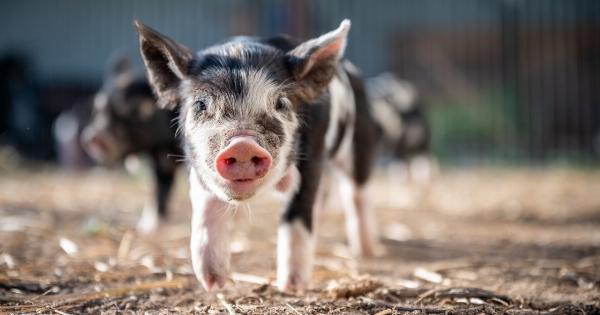Calcium is an essential mineral that helps in building strong bones and teeth, allowing the muscles to function properly, and aiding the nervous system.
It is necessary to consume calcium in sufficient amounts throughout life to prevent bone thinning that can lead to fractures and osteoporosis later in life. One source of calcium is from dairy products, especially cheese. However, not all cheese types are created equal when it comes to calcium content. Here are three cheese types you should avoid if you’re deficient in calcium:.
1. Soft Cheese
Soft cheese is often made from milk that is low in fat or modified to be low in fat. While this may make it a healthier option for people concerned about fat intake, it also means that soft cheese is not an excellent source of calcium.
Most of the calcium in milk is found in the milk fat, so when it’s removed, the cheese has less calcium. Examples of soft cheese include brie, camembert, and goat cheese. A 100-gram serving of brie contains only 184 mg of calcium, while a similar serving of cheddar cheese contains about 720 mg of calcium.
2. Processed Cheese
Processed cheese is made by blending natural cheese varieties with other ingredients like emulsifiers, salt, and flavorings. They are often used in sandwiches and burgers, but they are not an excellent source of calcium.
The calcium content in processed cheese is low since it undergoes numerous processes that remove most of the natural nutrients in the cheese. Moreover, processed cheese is high in sodium, which is detrimental to bone health. A 100-gram serving of processed cheese has only about 500 mg of calcium, while the same serving of parmesan cheese contains about 1180 mg of calcium.
3. Vegan Cheese
Vegan cheese has become a popular option among people who have lactose intolerance or those who choose a plant-based diet. Vegan cheese is made from plant-based alternatives like soy milk, almond milk, and cashew milk.
While these alternatives may contain calcium, the processing steps involved in making vegan cheese often reduce or remove the calcium content. This is because most plant-based milk alternatives are not naturally high in calcium like cow’s milk.
A 100-gram serving of vegan cheese may contain around 200 mg of calcium, while the same amount of mozzarella cheese has approximately 680 mg of calcium.
Conclusion
Calcium is an essential mineral required for proper body function. Cheese is a dietary source of calcium, but not all cheese types are equal in terms of calcium content.
Consuming cheese varieties such as soft cheese, processed cheese, and vegan cheese that are deficient in calcium can contribute to a calcium deficiency, which can cause health problems like osteoporosis and fractures. Opting for calcium-rich cheese varieties like cheddar, parmesan, and mozzarella cheese is a healthier option in the long run. So, next time you order a pizza, be mindful of the type of cheese you choose.





























